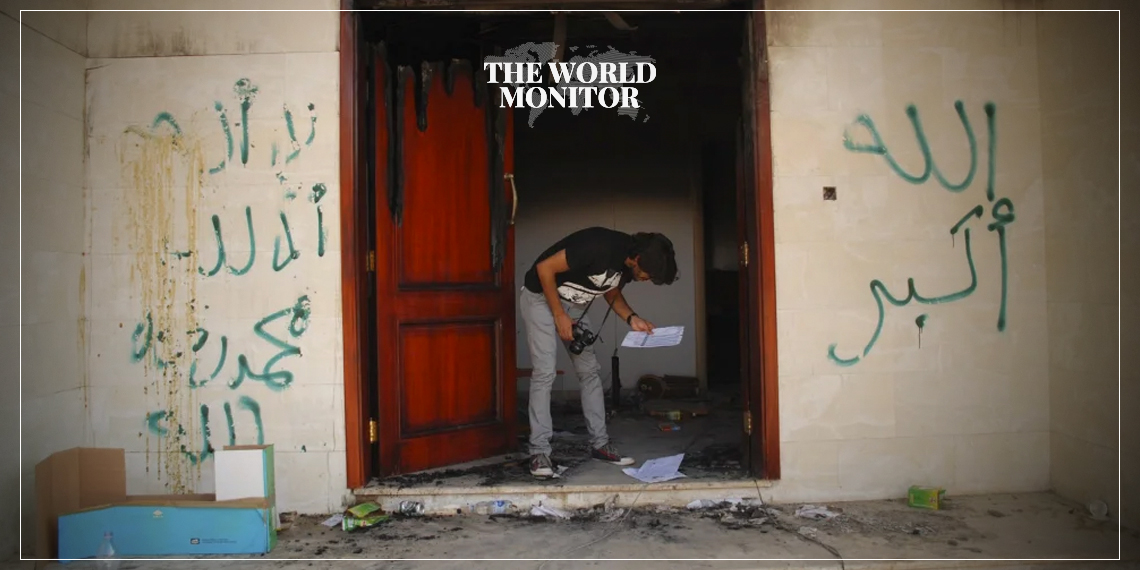After Benghazi fell into the hands of extremist groups following the 2011 events, terrorist organizations like al-Qaeda, ISIS, Ansar al-Sharia, and the Benghazi Revolutionary Shura Council took control. These groups committed numerous crimes, including suicide bombings, assassinations, kidnappings, and looting.
One of their most infamous acts was the 2012 attack on the U.S. consulate in Benghazi, which resulted in the death of U.S. Ambassador Christopher Stevens and three others. Extremists involved in the assassination included figures like Ahmed Abu Khattala, Mokhtar Belmokhtar of al-Qaeda, and Ansar al-Sharia leader Mohamed al-Zahawi.
The Libyan National Army launched Operation Dignity in 2014 to rid the country of these terrorist groups, causing them to retreat west, where they found support from the former Government of National Accord (GNA) led by Fayez al-Sarraj. The GNA legitimized and empowered these groups, worsening security in western Libya.
The current Government of National Unity (GNU), led by Abdul Hamid Dbeibeh, followed a similar path, providing substantial financial support to these militias, which now pose a significant threat to Libya’s security and political stability.






